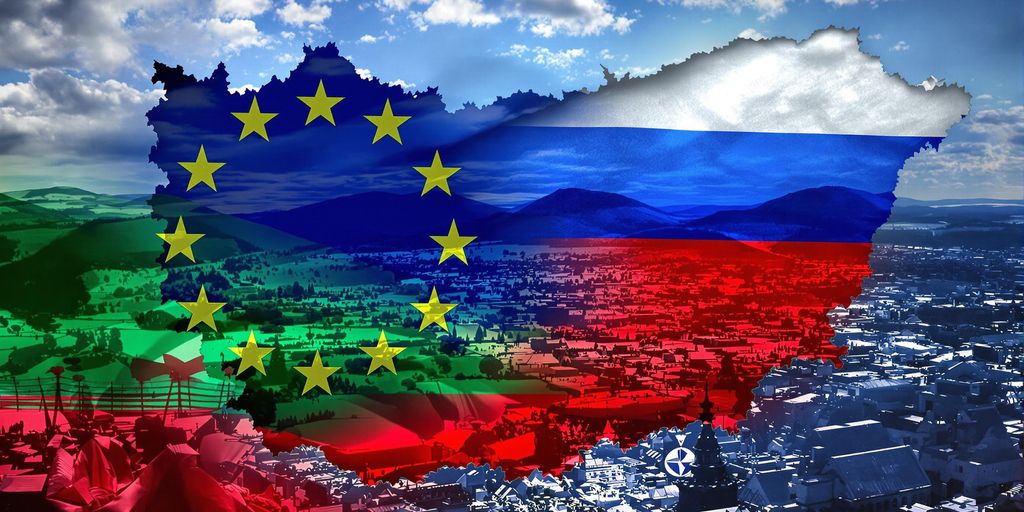In a recent poll conducted in Bulgaria, a significant majority of citizens expressed their support for the European Union (EU) and NATO, with 55.5% backing these alliances. In contrast, support for Russia stands at 30.5%. This survey reflects the complex geopolitical sentiments within the country, highlighting a divide in public opinion regarding international affiliations.
Key Takeaways
- Support for EU and NATO: 55.5% of Bulgarians favor alignment with the EU and NATO.
- Pro-Russian Sentiment: 30.5% of respondents support closer ties with Russia.
- Geopolitical Implications: The results indicate a growing tension between pro-European and pro-Russian factions in Bulgaria.
Overview of the Poll
The poll, conducted by Myara and reported by Novinite, reveals a clear preference among the Bulgarian populace for Western alliances. This trend is particularly significant given the historical context of Bulgaria’s relationship with Russia, which has been marked by both cooperation and conflict.
Historical Context
Bulgaria has a long history of ties with Russia, dating back to the 19th century when Russia played a crucial role in Bulgaria’s liberation from Ottoman rule. However, the post-Cold War era has seen Bulgaria increasingly align itself with Western institutions, particularly after joining NATO in 2004 and the EU in 2007.
Current Political Climate
The current political landscape in Bulgaria is characterized by a mix of pro-European and pro-Russian sentiments. The recent poll results suggest that while a majority supports EU and NATO membership, a significant portion of the population still favors maintaining strong ties with Russia. This duality poses challenges for Bulgarian policymakers as they navigate international relations.
Implications for Future Policies
The findings of this poll could have far-reaching implications for Bulgaria’s foreign policy. Policymakers may need to address the concerns of the 30.5% who support Russia, ensuring that their voices are heard while also reinforcing the benefits of EU and NATO membership. This balancing act will be crucial in maintaining national unity and stability.
Conclusion
As Bulgaria continues to grapple with its identity in the context of global politics, the results of this poll serve as a reminder of the complexities involved in international relations. The support for EU and NATO indicates a clear direction for the country, yet the significant backing for Russia highlights the need for ongoing dialogue and engagement with all factions of society. The future of Bulgaria’s foreign policy will depend on how effectively it can reconcile these differing viewpoints and foster a cohesive national strategy.






